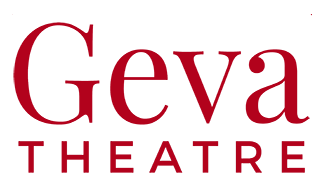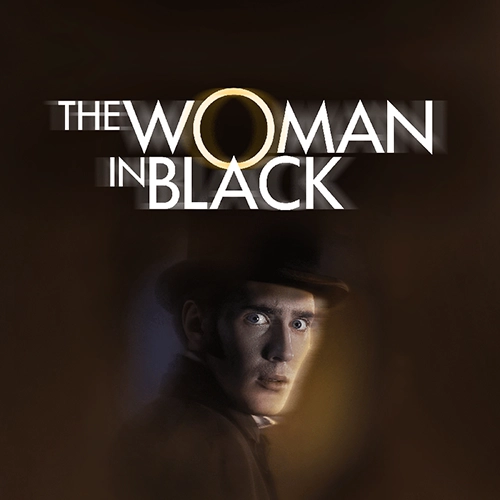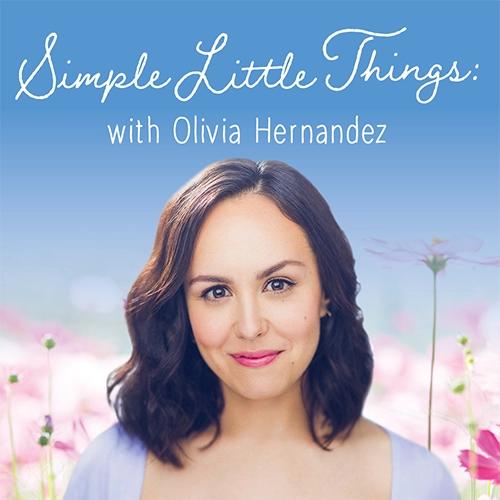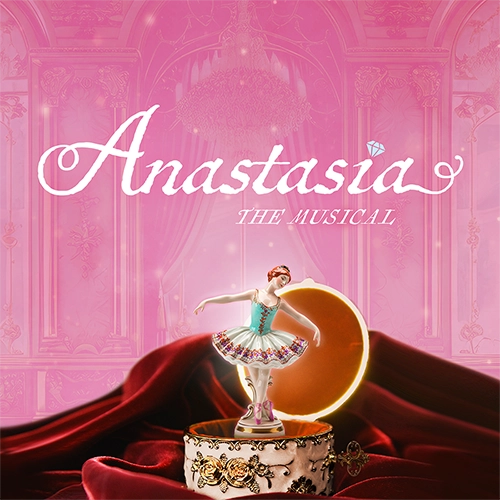Diversity, Equity & Inclusion
Geva's Anti-Racism Action Plan and Land Acknowledgement
Updates as of April 16th, 2025
Our Commitment to Anti-racism Approved on 9-29-21
Status Update on 11-3-22
Status Update on- 4-16-2025
The following agreements outline Geva Theatre’s response to the 2020 We See You White American Theatre Demands. These commitments were approved by the Board of Trustees on September 29th, 2021. The document linked below includes details on Geva’s history, Geva’s action plan, and Geva’s commitments towards becoming an antiracist organization.
Our Ongoing Commitment: We, the staff and Board of Trustees at Geva Theatre, commit to becoming actively anti-racist and to building a transformative theatre that is intentionally inclusive and welcoming for all staff, theatre makers, and audiences alike. We define racism as a combination of policies, practices and ideas that produces and normalizes racial inequities in opportunity and representation. Anti- racism is the practice of disrupting and dismantling those practices and structures in order to create equity and inclusion.
We commit to providing annual updates.
We commit to the following Action Areas:
- Disrupting Inaccurate Histories and Exclusions
- Revising Policies and Practices to Adhere to Anti-Racist Values
- Creating Greater Equity in our Artistic Process
- Building Inclusive Community Relationships

Acknowledging the Land
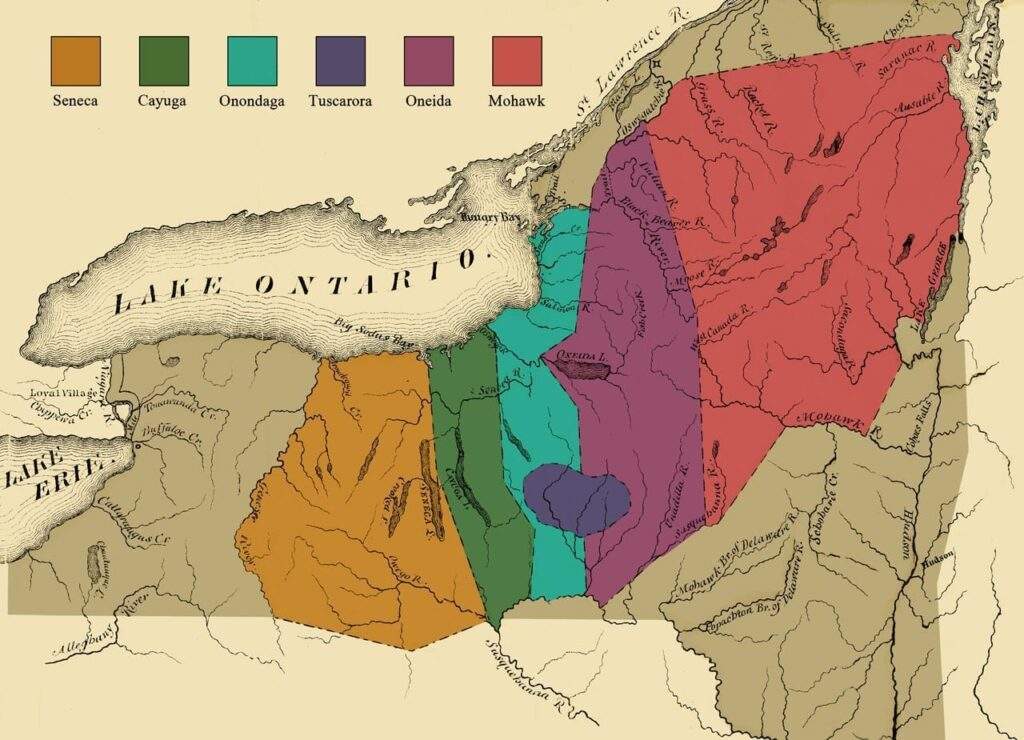
Graphic by Eric E. Doxtator
A land acknowledgment creates a more accurate picture of the history of the lands and waterways we call home and pays respect to the Indigenous People who have stewarded them from time immemorial. At Geva, we offer this statement as part of our anti racist values and to help us all unlearn and relearn the history that has brought us here to the land we call the United States. With this understanding, we can envision a new path forward, led by the principles of equity and justice.
Acknowledging the Land
American society as it exists today owes its identity and vitality to generations from around the world who contributed their hopes, dreams and resources to making the history that led to this moment. Some were stolen and enslaved here against their will, some were drawn to leave their distant homes in search of a better life, and some have stewarded this land for more generations than can be counted. Truth and acknowledgment of the hardships and atrocities that many peoples have suffered on American soil are critical to building mutual respect and connection across all barriers of heritage and difference. By honoring the truth, we begin this effort to acknowledge what has been purposefully buried.
There are 567 federally recognized Indian Nations (variously called tribes, nations, bands, pueblos, communities and Native villages) in the United States. Additionally, there are tribes located throughout the United States who are recognized by their respective state governments.
We are gathered in the ancestral and unceded territory of the Onöndowa’ga, or “the people of the Great Hill” In English, they are known as Seneca people, “the keeper of the western door” Together, with the Mohawk, Cayuga, Onondaga, Oneida, and Tuscarora, the Seneca make up the sovereign Haudenosaunee Confederacy. We pay respects to their elders past and present. Please take a moment to consider the many legacies of violence, displacement, genocide and migration that bring us together here today. And please join us in uncovering such truths at any and all public events.
Adapted from https://usdac.us/nativeland – visit their website to learn more and download the Honor Native Land Guide. #HonorNativeland
To learn more about the Native people in our region and the Canandaigua Treaty of 1794, visit https://ganondagan.org.
Essie Calhoun Diversity in the Arts Award
Geva Theatre annually presents the Essie Calhoun Diversity in the Arts Award to an individual who or organization that promotes and encourages diversity in the arts. The award recognizes that art allows for the expression of truths and beliefs, and helps us gain an understanding of one another and our world. It further acknowledges that a mixture of cultures stimulates creativity, the sharing of ideas, and the building of a common collective future, which has always been close to Ms. Calhoun-McDavid’s heart.
The award was established in 2011 and named in honor of Essie Calhoun-McDavid, retired Chief Diversity Officer, Director of Community Affairs, and Vice President of Eastman Kodak Company. Ms. Calhoun-McDavid, a longtime advocate for diversity in the arts, was the first recipient of the award.
The award is designed by renowned Rochester glass artist Nancy Gong.
Past Recipients
- Dr. David Anderson (Sankofa)
- The Center for Youth Strings for Success
- Rachel Y. DeGuzman
- Shawn Dunwoody
- Garth Fagan
- Reenah Golden
- Delores Jackson Radney
- Tonia Loran-Galban (Akwesasne Mohawk, Bear Clan)
- Debora McDell-Hernandez
- Nydia Padilla-Rodriguez
- School of the Arts
- Seneca Art & Culture Center at Ganondagan
- David Shakes
- Dangerous Signs
- Thomas Warfield
Photos by Alex John-Hamer
